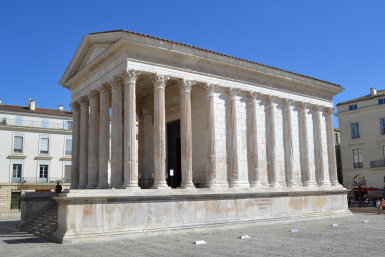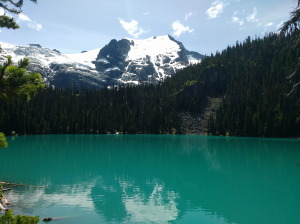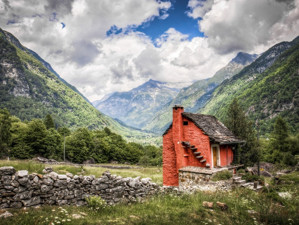French Adjectives

Adjectives are words that are used to describe or provide extra information about a noun or pronoun. In this lesson, you'll learn how to use adjectives in the French language.
A list of very common French adjectives is also included in this lesson, as well as online flashcards to help you learn the adjectives.
Adjectives
French adjectives change to agree in gender and number with the nouns that they modify. There can be up to four forms of each adjective. The following table shows an example.
| Adjective | petit (small) |
| Masculine singular | petit |
| Feminine singular | petite |
| Masculine plural | petits |
| Feminine plural | petites |
The e, s and es endings are not pronounced, but if the masculine form of the adjective ends in a silent consonant, the e, and es in the feminine forms will cause that consonant to be pronounced. For example the final t in petit is not pronounced, but it is pronounced in petite.
If the adjective already ends in e in the masculine form, then the feminine forms will be the same.
Adjectives generally follow the noun they modify, but there are a few exceptions, as shown in the following table.
| bon(ne) | good |
| court(e) | short |
| grand(e) | big |
| gros(se) | large, big |
| jeune | young |
| joli(e) | pretty, nice |
| mauvais(e) | bad |
| petit(e) | small, little |
Examples
| Je suis fatigué. | I am tired. |
| Elle est heureuse. | She is happy. |
| Est-elle heureuse ? | Is she happy? |
| Elle n'est pas contente. | She is not happy. |
| Le livre est vieux. | The book is old. |
| Le vieux livre est intéressant. | The old book is interesting. |
| L'oreiller épais et moelleux tomba sur le sol. | The thick, soft pillow fell onto the floor. |
| Il marche le long de la plage rocheuse par une nuit sombre et orageuse. | He walks along the rocky beach on a dark and stormy night. |
| Il est mouillé et froid. | He is wet and cold. |
Advertisement
Vocabulary
The following is a list of some very common French adjectives. The masculine singular form of the adjective is given.
| en colère | angry |
| mauvais | bad |
| gros, grand | big |
| beau | beautiful |
| brillant | bright |
| froid | cold |
| sombre | dark |
| sec | dry |
| rapide | fast |
| bon | good |
| heureux | happy |
| dur | hard |
| difficile | hard (difficult) |
| haut | high |
| chaud | hot |
| intéressant | interesting |
| léger | light (not heavy) |
| clair | light (not dark) |
| long | long |
| bruyant | loud |
| faible, bas | low |
| étroit | narrow |
| nouveau | new |
| agréable | nice |
| bruyant | noisy |
| vieux | old |
| calme, tranquille | quiet |
| juste | right (correct) |
| rude | rough |
| triste | sad |
| court | short (not long) |
| petit | short (not tall) |
| lent | slow |
| petit | small |
| lisse | smooth |
| doux | soft |
| grand, haut | tall |
| épais | thick |
| mince | thin |
| fatigué | tired |
| humide | wet |
| large | wide |
| faux | wrong, false |
| injuste | wrong (bad, unfair) |
| jeune | young |
Advertisement


Flashcards
Here are some flashcards to help you learn the French adjectives included in this lesson.